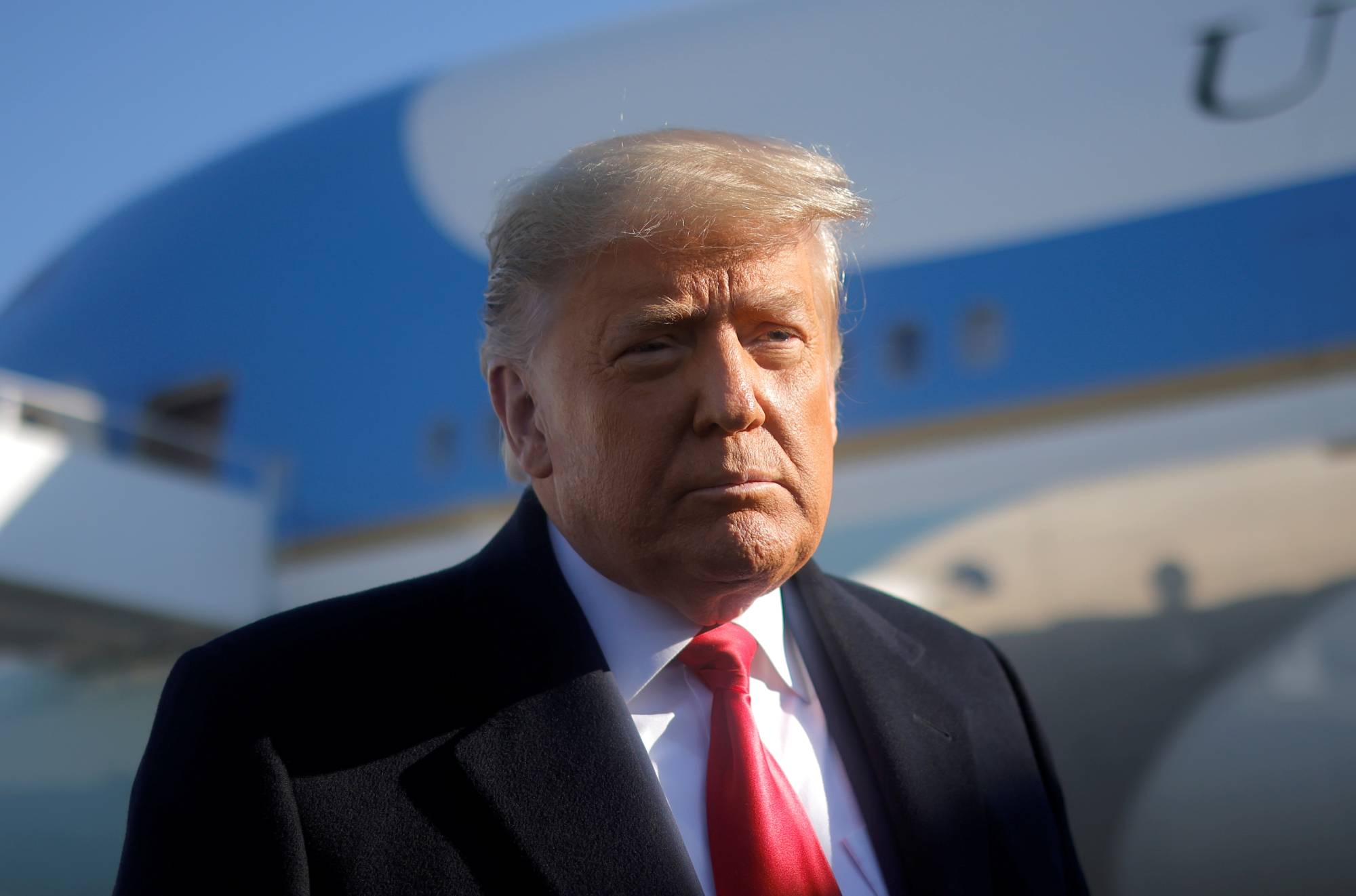Last week, The Lancet, the well-respected British medical journal, published a report excoriating former U.S. President Donald Trump and his administration for leveraging racism and class anxiety to push environmental policies that killed tens of thousands of people.
Not long ago such an article would have been an outlier. Although political conservatives in the U.S. have waged a war on science going back to evolution in the classroom, the vast majority of scientists and scientific journals made it a point not to fight back directly. Many thought their research would speak for itself and that their neutrality enhanced their legitimacy.
But the last four years have brought a tide of change, said Gretchen Goldman, a research director at the Union of Concerned Scientists, "reflecting both the severity of what Trump did as well as the changing willingness of the scientific community to engage in policy conversations.” Among the things that most inflamed scientists was Trump’s rejection of the wide body of research establishing climate change, which he has called a hoax. But the Trump administration’s removal of independent scientists from advisory panels at the Environmental Protection Agency also pushed scientists to take action. Similarly motivating was a rule severely curtailing which scientific studies could be used as the basis for regulations.



















With your current subscription plan you can comment on stories. However, before writing your first comment, please create a display name in the Profile section of your subscriber account page.